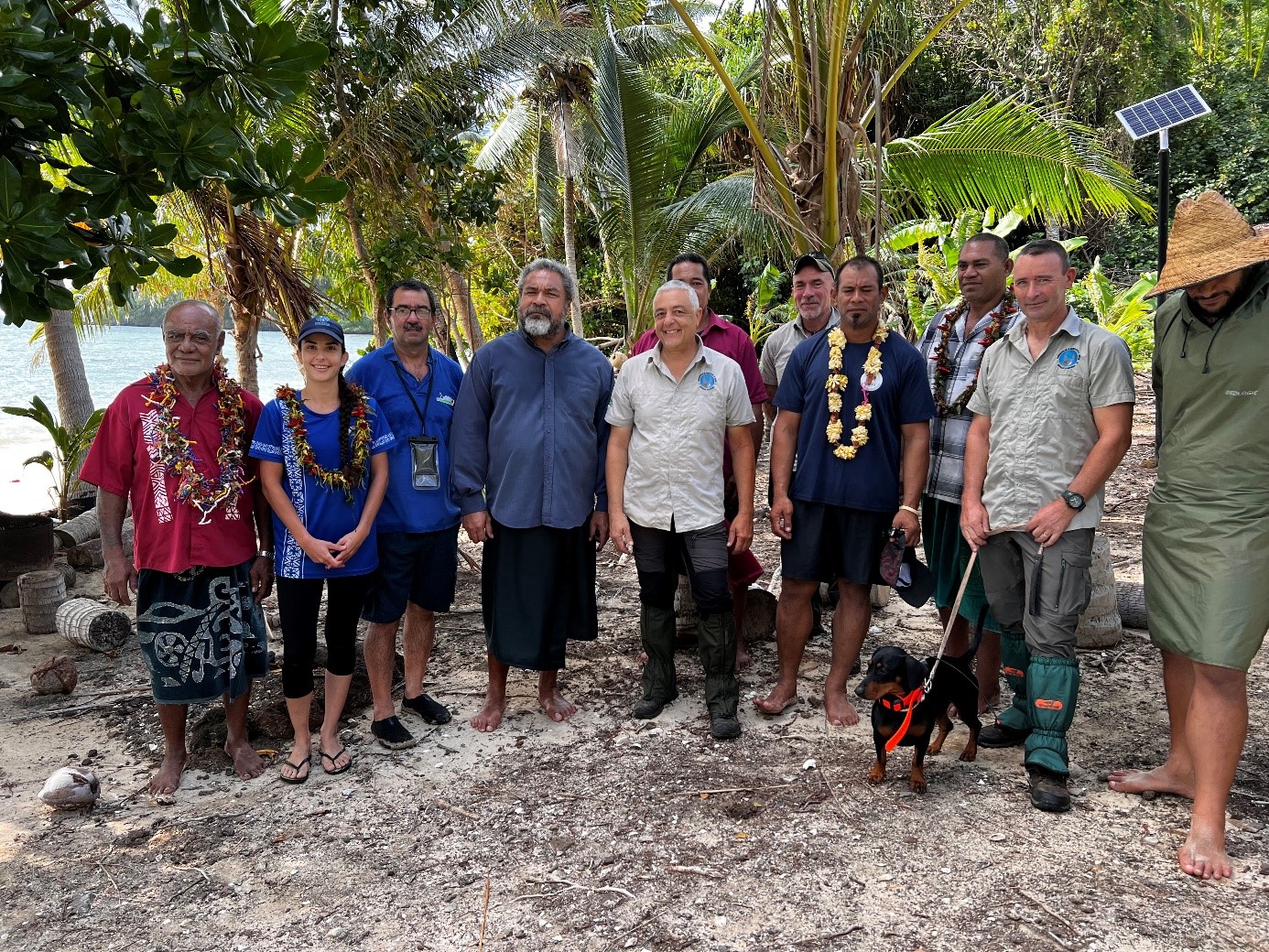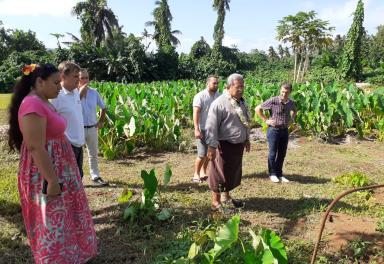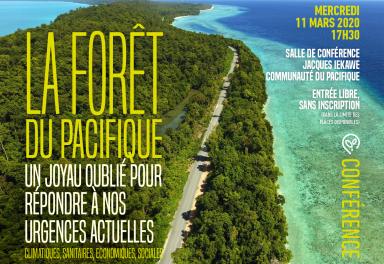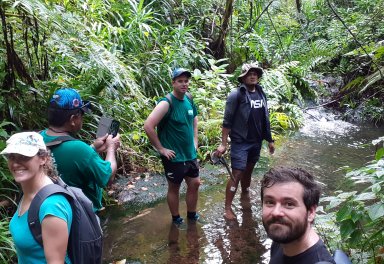Management of invasive species on Nuku'atea islet in Wallis, Key Biodiversity Area
The Territorial Environment Service of Wallis and Futuna continues its operations to remove wild pigs from Nuku'atea islet, supported by Island Conservation and the Federation of Wildlife and Hunting of New Caledonia as part of the PROTEGE program.
In the Pacific, invasive species are the main cause of the decline, and even extinction, of endemic species. Local regulations target the wild pig (Sus scrofa) for its impacts on biodiversity, due to its predation on flora - thus affecting native forests - and its predation on fauna and certain endemic (mollusks) or protected species (birds, turtles). These pigs also have an impact on the food security of the population by consuming tubers and coconut crabs.
The operations to remove wild pigs from Nuku'atea, initiated in May 2022 following the agreement of customary authorities, have removed 102 specimens to date. In Faioa, about sixty pigs were removed in 2021, bringing the total number of pigs removed on the islets of Wallis to approximately 162. The agents of the Environmental Service have been trained in several techniques: in Nuku'atea, 47 specimens were removed by the cage trap made by the Environmental Service, 41 by Pig Brig net traps, and 14 by hunting.
The intervention of three hunters from the Federation of Wildlife and Hunting of New Caledonia (FFCNC) with their dogs in October 2023 constitutes the final stage of eradication - the use of dogs being necessary to flush out wary individuals or those located in difficult-to-access areas (dense vegetation, cliffs). The three hunters, supported by Environmental Service agents, will carry out night and day hunting operations with the assistance of their dogs and thermal equipment.
The Environmental Service will continue its partnership with the Federation of Wildlife and Hunting of New Caledonia in 2024 through training for agents on the control of invasive birds (bulbuls) in inhabited areas and wild pigs, in partnership with the New Caledonian Biodiversity Agency (ANCB). This is in response to the population's request, relayed by customary and political authorities, to capitalize on the PROTEGE program by taking action on the main islands.








